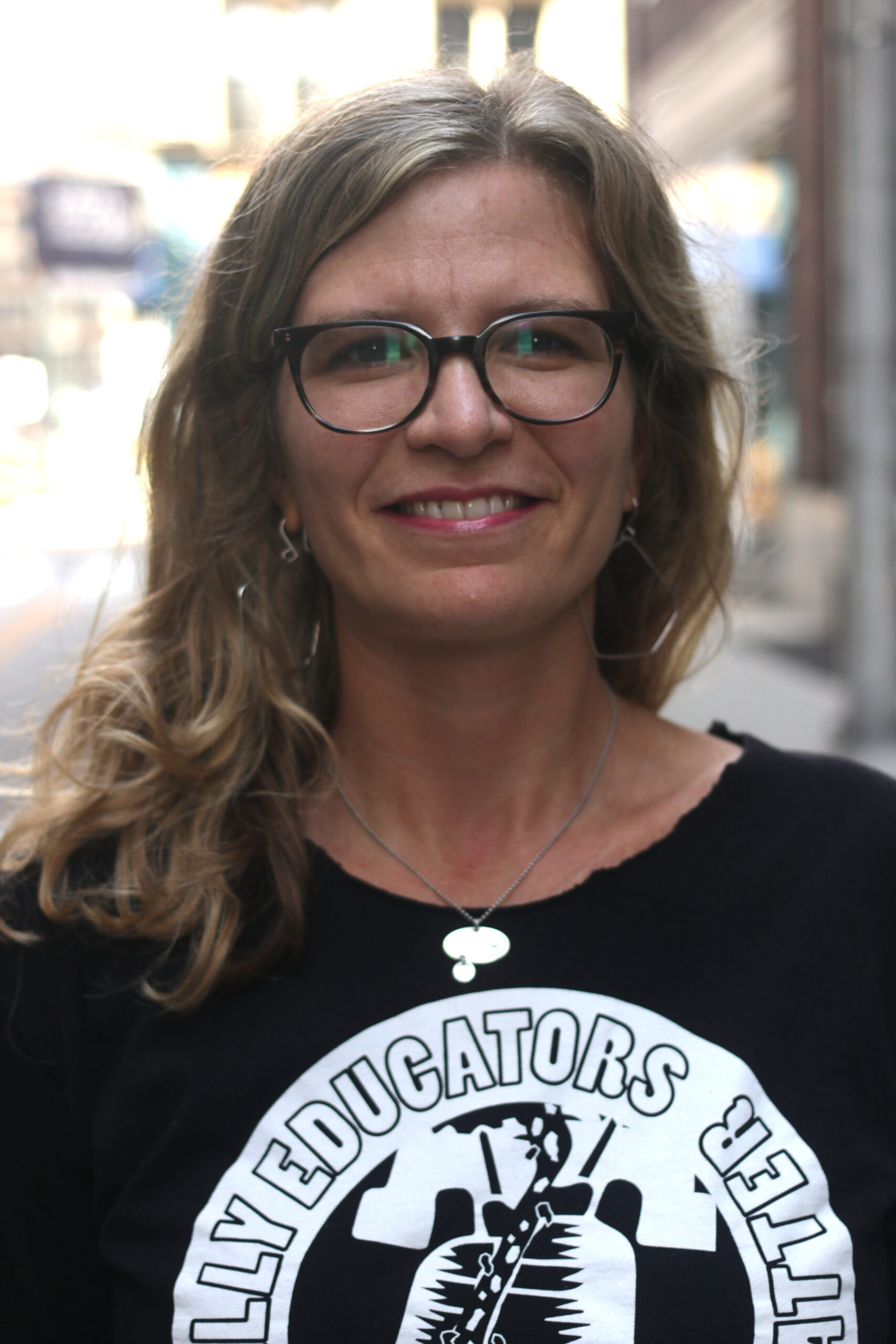Youth Learning to Be Activists: Constructing “Places of Possibility” Together
Youth Learning to Be Activists: Constructing “Places of Possibility” Together
Kristen P. Goessling
2017
2017
Abstract
Goessling, K. (2017). Youth Learning to Be Activists: Constructing" Places of Possibility" Together. Critical Questions in Education, 8(4), 418-437.
This paper draws from a critical qualitative study that took place in Vancouver, British Columbia and focused on a group of young people learning to be activists through participation at a youth-driven organization, "Think Again" (TA). In this paper, I focus on one aspect of the youths' participation at TA--their creative action projects--and the emergent methodologies employed in this study that generated the conditions for "places of possibility" to emerge. I conceptualize "places of possibility" as literal and metaphorical spaces where people are afforded the tools and resources necessary to imagine alternative realities, identities, and systems than what currently exist, primarily through creative and activist practices. Specifically, I utilize a narrative framework to examine the ways the social relationships and practices at TA enabled some of the young people to take up an activist identity.
Abstract
Goessling, K. (2017). Youth Learning to Be Activists: Constructing" Places of Possibility" Together. Critical Questions in Education, 8(4), 418-437.
This paper draws from a critical qualitative study that took place in Vancouver, British Columbia and focused on a group of young people learning to be activists through participation at a youth-driven organization, "Think Again" (TA). In this paper, I focus on one aspect of the youths' participation at TA--their creative action projects--and the emergent methodologies employed in this study that generated the conditions for "places of possibility" to emerge. I conceptualize "places of possibility" as literal and metaphorical spaces where people are afforded the tools and resources necessary to imagine alternative realities, identities, and systems than what currently exist, primarily through creative and activist practices. Specifically, I utilize a narrative framework to examine the ways the social relationships and practices at TA enabled some of the young people to take up an activist identity.
Social Movements
Anti-Capitalist, Youth Activism
Keywords
Gender, North America, Praxis
Theme
Popular Education; Adult Education; and Social Movement Learning
